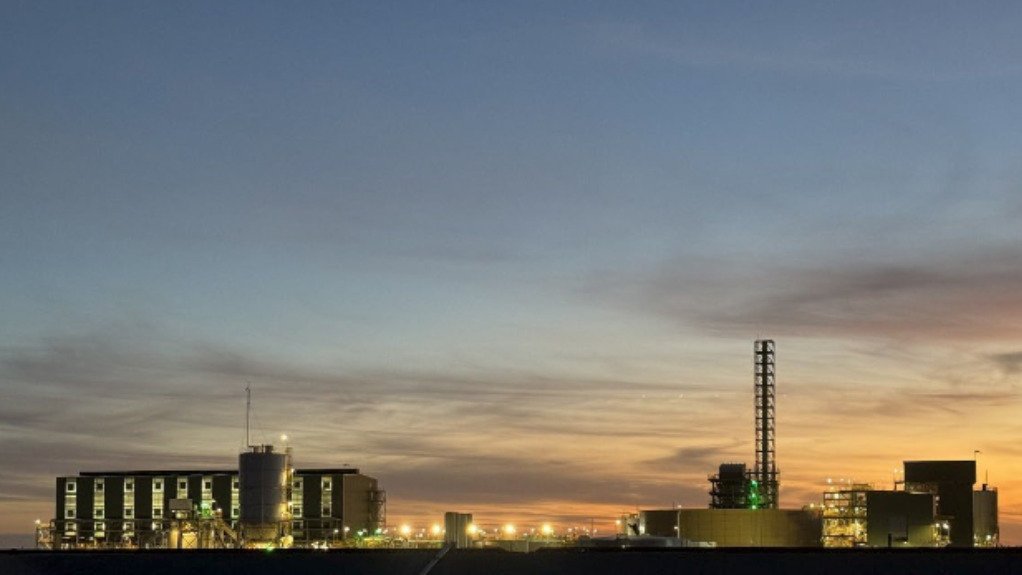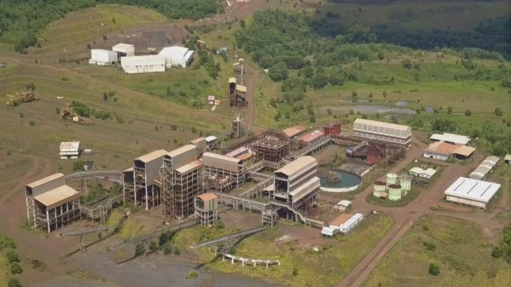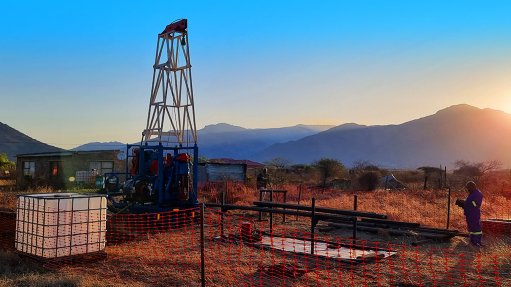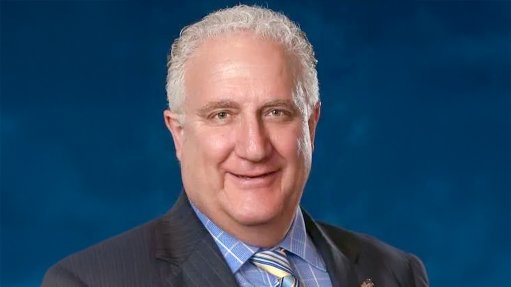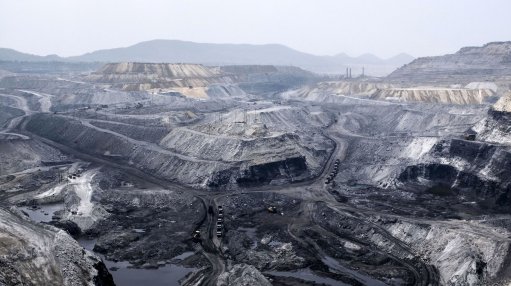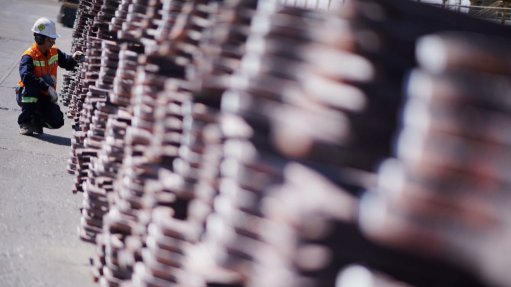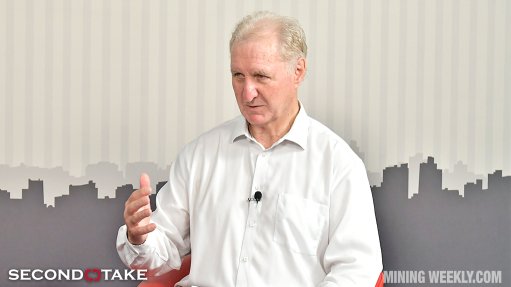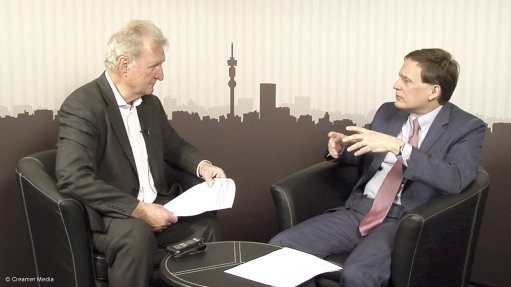Lack of collaboration between African nations preventing critical minerals beneficiation capability
A severe lack of economic collaboration between nations is stifling Africa’s critical minerals beneficiation aspirations, expert panel members agreed during the Manufacturing Indaba, in Sandton, on July 16.
The panel convened to discuss the challenges standing in the way of unlocking Africa’s critical minerals to power the future of manufacturing on the continent.
Currently, very little beneficiation of critical minerals takes place in Africa, with the lion’s share of the continent’s mineral wealth being exported raw for beneficiation abroad, thereby undermining the manufacturing potential of the continent and, consequently, stifling economic growth.
However, if African nations continue to act in silos, there is not much hope for change, the panel concurred.
“You rarely find a company in Zambia, for example, doing business or collaborating with a company in South Africa. There are not enough cross-border projects where collaboration exists. That sort of thing actually limits our capacity to maximise our mineral potential.
“Can countries come together? We don't want countries to compete in a race to the bottom. We don't want to compete by lowering the minimum demands of what we really need.
“There is no collective coming together. We do not collaborate in research and development. We do not collaborate in product development. We do not collaborate in building those value chains across our countries.
“So, with the limited resources we have, we end up with nothing that we can actually put out to the market,” Production Technologies Association of South Africa CEO Tapiwa Samanga said.
Trade and Industrial Policy Strategies executive director Dr Saul Levin, who chaired the panel, noted that Africa had vast reserves of critical minerals which were needed globally for industries such as renewable energy, electric vehicles, electronics and advanced manufacturing.
“It's also become a global race, because there are big players now looking at the importance of developing and processing these critical minerals. That gives us an opportunity: how do we use these minerals to drive industrial growth across the continent, and also to look at the strategy to make sure that it's done in a sustainable way, and doesn't just result in us exporting vast amounts of commodities, but rather sending out something that's more processed and finished?” he said.
Levin pointed that this was an issue that had been coming up in the G20 discussions on how there could be more processing at source.
“If we get the supply chains right, South Africa and Africa can become key players in a global value chain, rather than just exporters of commodities. But there's a key role for government to set the plan, to have a framework, to push collaboration and to look at tariffs strategically,” he said.
Methano CEO Sereme Joel Malatji pointed out that Africa was host to about 30% of the world’s energy transition critical minerals reserves, such as copper, lithium and rare earths.
“This fundamentally puts the continent in a better position to add value insofar as these critical minerals are concerned,” he said.
JA Engineering CEO Matimba Mahange opined that the development of refining and processing capabilities required the prioritisation of investment in beneficiation zones and industrial parks.
“We need to build regional value chains to unlock this. You've got copper in Zambia, you've got lithium and cobalt in the Democratic Republic of Congo. To get it into an economic zone where we can beneficiate it, you’ll need the rail infrastructure and energy infrastructure to do that.
“One of the challenges that we have in Africa is that we are not doing ‘Africa, Inc’. We are just doing South Africa. We are doing Botswana. We are doing Zambia. And it's so disjointed.
“To move the copper to South Africa to get it to the ports, you need the rail infrastructure. And you can't just say rail infrastructure for South Africa is going to stop at the border. You need to have an integrated approach and look at [creating a] United States of Africa,” he said.
Mahange suggested that South Africa’s National Development Plan should incorporate plans for the development of Southern Africa as a whole and be integrated with neighbouring countries’ national development plans.
Moreover, he said it was critical to develop the necessary skills to underpin plans to develop a beneficiation economy.
“If there's a disconnect between your institutions of higher learning and how they are resourced in relation to the resources that we have in that country, then these plans that we have are actually just pie in the sky,” he said.
Botswana Exporters & Manufacturers Association CEO Mmantlha Sankoloba agreed that regional planning was required to achieve Africa’s beneficiation goals.
“We really don't have to export our minerals in their raw form. That is cheating ourselves as Africa. We need to allow ourselves to enjoy our minerals such that they even benefit the lowest of the low in our societies.
“But what we may need is a business plan, both at national level and at regional level. Africa actually has what it takes to unite, to project a united front on issues that concern us. But on issues of the economy or trade, we really have not seen Africa act deliberately. Yes, there is the African Continental Free Trade Area, which is an ideal concept, but are we really politically willing to make this thing work?” she posited.
She said a regional business plan would enable nations to integrate more deliberately.
“We will be able to avoid those issues of silo mentality, where South Africa leverages its strong spaces and ensures that whatever strength it has actually supersedes other African or southern countries.
“I think it’s very important that there be collaboration and deliberate intention within the African space to show a united front on issues of trade,” Sankoloba said.
Samanga said that, out of the 16 countries of the Southern African Development Community, 12 had critical minerals that either went into batteries or the building of electric vehicles.
“But there still is no conversation amongst us in terms of: how do we collaborate? Each and every one of us is trying to do bilaterals with external markets. None of us are actually coming together to ask: how do we present an Africa-first position?” he said.
Samanga said African countries would have a stronger bargaining position against the US, for example, if they stood together.
“Because we're not working together, it's as though we've got nothing. We do not work preferably with each other. We do not talk preferably to each other,” he said.
Samanga pointed out, however, that even if there was more collaboration, one of the major challenges to localising beneficiation lay in the fact that most mining assets in Africa were not owned by Africans.
“When you talk about policies and investment frameworks, part of the challenge is that much of the money that is currently in mining in Africa is not African money.
"We do not have a system whereby even our own mineral production is accessible for us to beneficiate it.”
“Therefore, part of what we need to do is find patriotic investment that actually favours beneficiation and the extension of the value chain on the continent,” he said.
Article Enquiry
Email Article
Save Article
Feedback
To advertise email advertising@creamermedia.co.za or click here
Announcements
What's On
Subscribe to improve your user experience...
Option 1 (equivalent of R125 a month):
Receive a weekly copy of Creamer Media's Engineering News & Mining Weekly magazine
(print copy for those in South Africa and e-magazine for those outside of South Africa)
Receive daily email newsletters
Access to full search results
Access archive of magazine back copies
Access to Projects in Progress
Access to ONE Research Report of your choice in PDF format
Option 2 (equivalent of R375 a month):
All benefits from Option 1
PLUS
Access to Creamer Media's Research Channel Africa for ALL Research Reports, in PDF format, on various industrial and mining sectors
including Electricity; Water; Energy Transition; Hydrogen; Roads, Rail and Ports; Coal; Gold; Platinum; Battery Metals; etc.
Already a subscriber?
Forgotten your password?
Receive weekly copy of Creamer Media's Engineering News & Mining Weekly magazine (print copy for those in South Africa and e-magazine for those outside of South Africa)
➕
Recieve daily email newsletters
➕
Access to full search results
➕
Access archive of magazine back copies
➕
Access to Projects in Progress
➕
Access to ONE Research Report of your choice in PDF format
RESEARCH CHANNEL AFRICA
R4500 (equivalent of R375 a month)
SUBSCRIBEAll benefits from Option 1
➕
Access to Creamer Media's Research Channel Africa for ALL Research Reports on various industrial and mining sectors, in PDF format, including on:
Electricity
➕
Water
➕
Energy Transition
➕
Hydrogen
➕
Roads, Rail and Ports
➕
Coal
➕
Gold
➕
Platinum
➕
Battery Metals
➕
etc.
Receive all benefits from Option 1 or Option 2 delivered to numerous people at your company
➕
Multiple User names and Passwords for simultaneous log-ins
➕
Intranet integration access to all in your organisation



